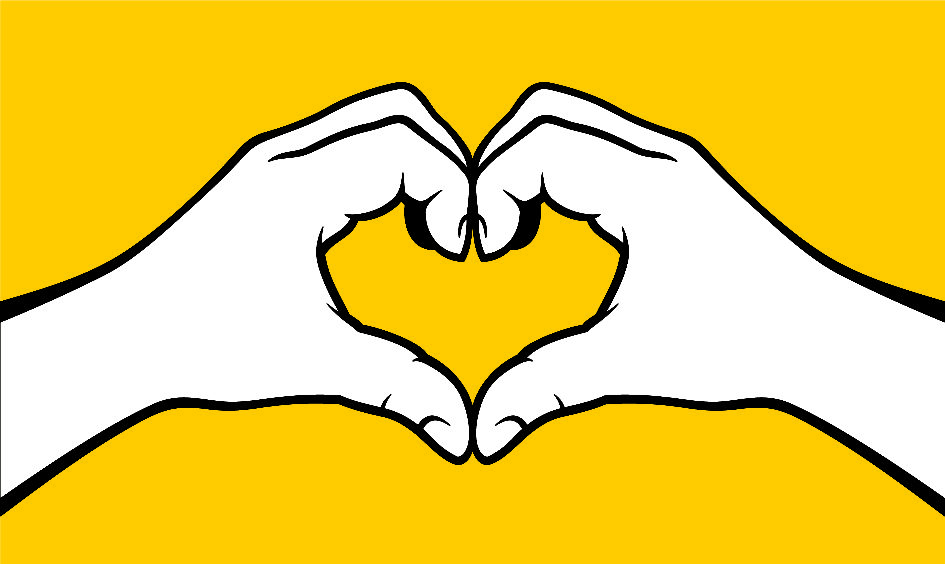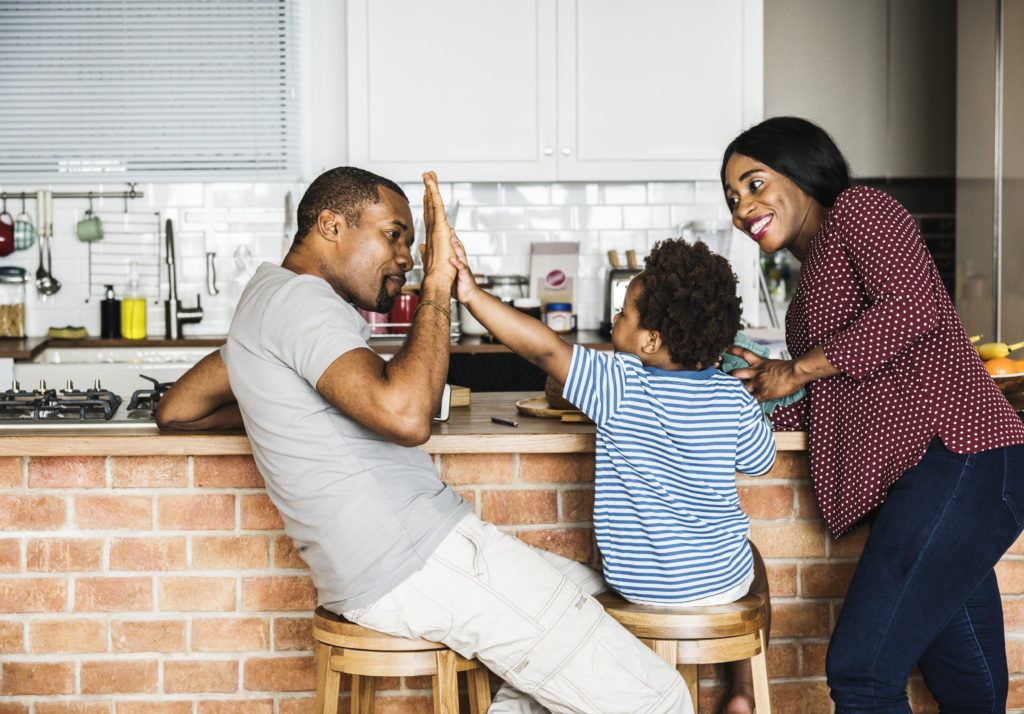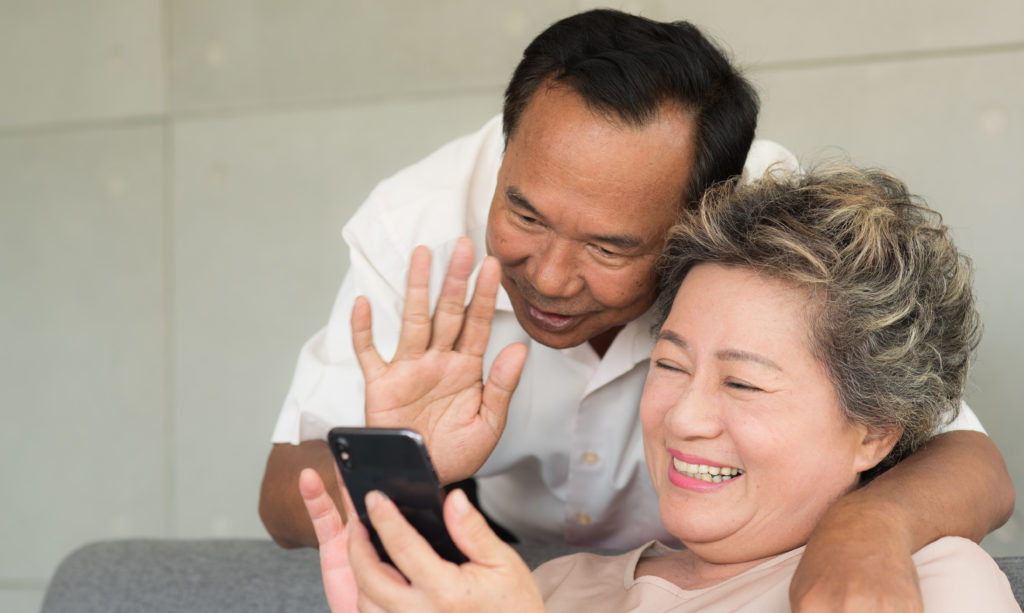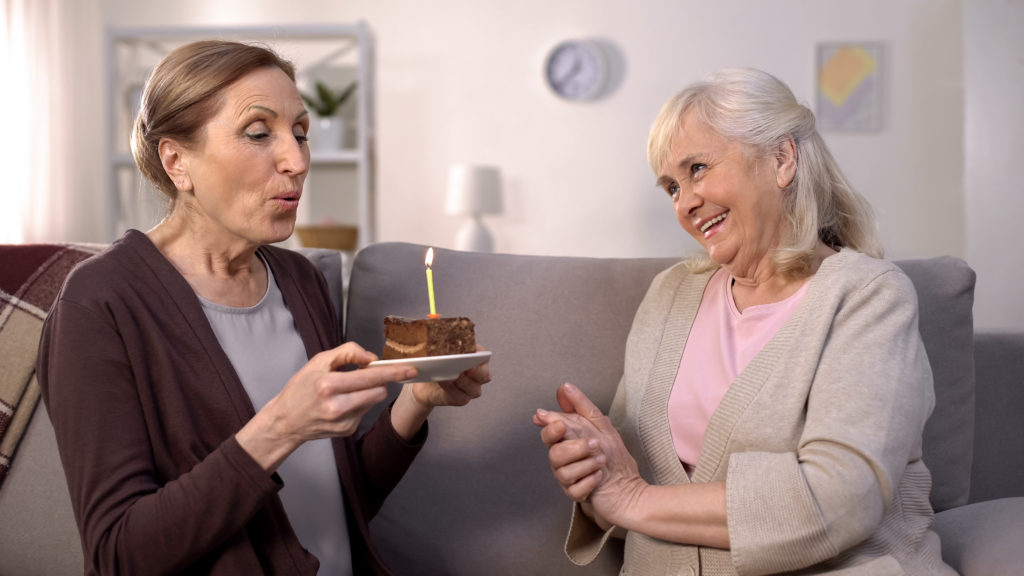Have you ever wondered what makes you happy in your many relationships? Every day, we are showcasing our love for someone in our lives. This doesn’t just have to apply to a romantic partner. It can apply to family members, roommates, a best friend, a colleague or a boss at work. Whether with your significant other or a colleague, you communicate in a specific way. Learning your love language can help improve that communication, no matter with whom.
There are five love languages that represent the different qualities in which we can showcase our love for others and how we want to receive love. These languages include: quality time, physical touch, words of affirmation, acts of service and receiving gifts. Everyone generally has one leading love language that is most important to them, but every person is unique. Sometimes what you like to receive is not what someone else wants to receive from you to feel fulfilled. Learning your own love language and trying to learn another’s can be challenging. The complexity can rise to the level of learning a spoken language like Spanish. However, once you understand your own love language, and can understand those around you, you will be able to strengthen your relationships significantly. Here are explanations of what each love language entails.
Quality Time
For those who dominantly speak this love language, there’s nothing better than spending one-on-one time with someone who is important to you. Having time to appreciate someone and be in the moment can be incomparable. Putting down cellphones, silencing social media notifications and turning off the television (and all other electronics) will undoubtedly enhance your undivided attention and experience.
Physical Touch
You guessed it: those who speak this language enjoy the interaction involving the touch of another individual. This does not have to be romantic; it can easily be platonic. You enjoy hugs, hand-holding, pats on the back, simply being close to another individual. The interaction with another person and the connection is a most beneficial way to feel loved and appreciated. These gestures can showcase happiness, sadness or concern, and we enjoy being able to display this through physical touch.
Words of Affirmation
The words someone says to those who speak this love language can either make or break their day. The simple “you mean a lot to me” or “great job today” can light up their whole world. In some cases, actions speak louder than words, but to you, words are also powerful. Being able to hear how someone feels about you and to communicate your feelings back provides great satisfaction.
Acts of service
This language says actions speak louder than words: someone conducting random acts of kindness for you; taking care of tasks when nothing was asked of them or if they see you are busy; being presented with small surprises to be shown you are cared for and loved. Each service or act is done out of free willingness and happiness to provide satisfaction to you.
Receiving gifts
Someone speaking this love language thrives when someone goes out of their way to give them something that expresses their love for them. It doesn’t have to be an expensive present or all about the object you are receiving. It could be as small as a candy bracelet. You simply enjoy receiving thoughtful gifts. You also love performing this gesture for others. You would rather attend an event for them or show them a token of your love than simply tell them you love them.
Continue below to take the love language quiz and learn your priority of love languages from highest to lowest.
LOVE LANGUAGE QUIZ
- A: I like when you compliment me.
E: I like when you buy me gifts.
- D: I like when you help me with a task.
B: I like when you hold my hand.
- B: I like when you hug me.
C: I like when we spend one on one time together.
- A: I like when you say you appreciate me.
E: I like when you surprise me with a gift.
- D: I like when you run errands with me.
A: I like when you compliment me.
- C: I like when we spend time alone.
D: I like when you handle a task for me when you can see I’m overloaded.
- D: I like when you do something without me asking.
B: I like when you hug me.
- D: I like when you help me with a task.
E: I like when you get me a present.
- B: I like when you show public display of affection.
A: I like when you tell me you like spending time with me.
- C: I like when we spend time alone.
E: I like when you surprise me with a gift.
- A: I like when you write me a note to explain your feelings.
D: I like when you support my passions.
- B: I like when you hold my hand.
E: I like when you surprise me with a gift.
- C: I like when you ask to spend time alone.
E: I like when you tell me you appreciate me.
- E: I like when you get me a gift to show your appreciation.
A: I like when you tell me how much I mean to you.
- C: I like when you give me your undivided attention.
B: I like when you give me a hug.
- D: I like when you help me with a task.
C: I like when you want to spend time alone.
- A: I like when you compliment me.
E: I like when you get me a gift for no specific occasion.
- B: I like when you hold my hand.
C: I like when you ask me to take a walk.
- D: I like when you cook dinner.
A: I like when you express your feelings.
- E: I like when you surprise me with a gift.
B: I like when you kiss me.
Add your totals of each letter below.
A: _______ Words of Affirmation
B: ________ Physical Touch
C: ________ Quality Time
D: _______ Acts of Service,
E: ________ Receiving Gifts






